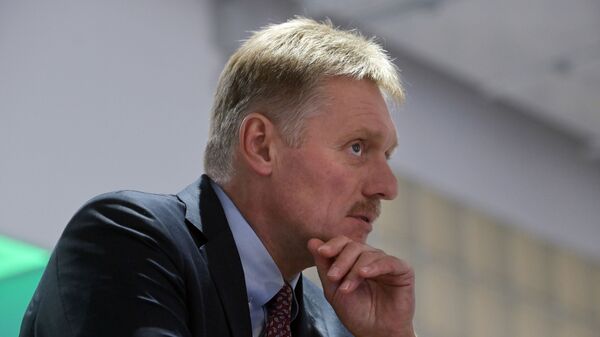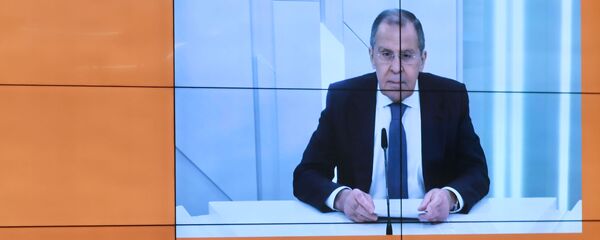"We cannot explain it because you know that this bottle if it existed, was taken out to Germany or elsewhere. What could be the evidence to prove poisoning was transported. It begs the question, why," Peskov told reporters.
The spokesman added that, according to toxicology experts, if the bottle had traces of nerve agent on it, it would hardly be possible to transport it.
Peskov added that Russia had tried to get the information on the alleged poisoning from the Organisation for the Prohibition of Chemical Weapons (OPCW), but this organisation is referring Moscow to Germany, where Navalny is being treated. Germany, in turn, refers Russia to the OPCW.
On Thursday, Navalny's official Instagram account said that there were traces of Novichok substance — with which he was allegedly poisoned —on bottles from his room in Xander Hotel in the city of Tomsk.
After the staff of Navalny's Foundation found out he was hospitalised, they called a lawyer, went up to Navalny's room and began registering, describing and packing everything they saw there, including hotel water bottles.
Later, the German government said doctors had found traces of a nerve agent from the Novichok group in his system. Moscow responded by pointing out the lack of evidence in Berlin's claims and noting that Russian doctors had found no toxic substances in Navalny.
The alleged poisoning of Navalny prompted many European officials to call for imposing additional sanctions on Russia. Russian Foreign Minister Sergey Lavrov has said Moscow will respond reciprocally if the Western countries impose new sanctions over the Navalny case.



